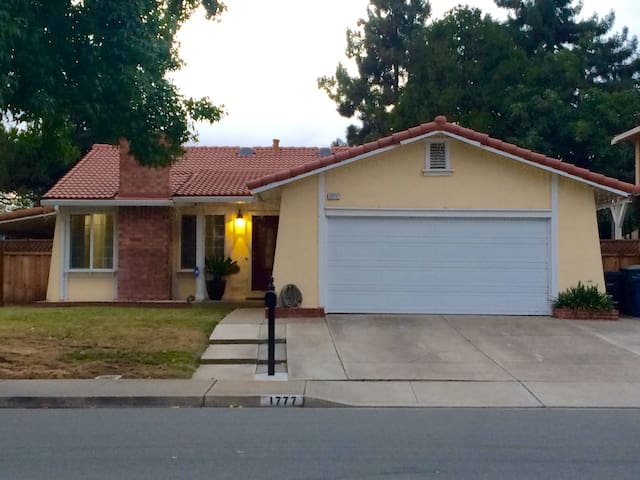- Joined
- Oct 30, 2014
- Messages
- 36,768
- Points
- 113

SINGAPORE: The opening of a new business and education hub in Punggol from 2023 will create 28,000 jobs in fields such as cybersecurity and data analytics, creating job opportunities “close to home”.
Deputy Prime Minister Teo Chee Hean said this at the launch of an exhibition for members of the public to view the Punggol Digital District’s masterplan on Sunday (Jan 21). He said the District will support government efforts to build a Smart Nation, where technologies can be deployed to prepare workers for the digital economy.
The Punggol Digital District, which will incorporate a business park, the Singapore Institute of Technology’s new campus as well as community facilities, will foster innovation and collaboration, said planners who shared more details on the District.
The 50-hectare development was first announced as part of the Urban Redevelopment Authority’s Draft Master Plan in 2013, while more details were shared by Minister of National Development Lawrence Wong last year.
JTC’s Assistant CEO David Tan said the district’s planning marks the first time all agencies involved came together at the start to develop an integrated plan.
“All the facilities and infrastructure were planned from the start, and that also optimises the use of land, energy, water and other resources,” Mr Tan said.
“This means we can also make living and working there more sustainable.”

FIRST ENTERPRISE DISTRICT WILL PROVIDE FLEXIBILITY FOR LAND USE
The area, currently a vacant plot of land north of Punggol and west of Coney Island, will also be the first in Singapore developed as an "enterprise" district. JTC, the district’s master developer, said this will allow planners flexibility in land use mix.
“So for example, SIT's land is zoned for education, whereas JTC's business park is zoned as a business park. (But) because of this so-called 'enterprise' district, we can actually mix the uses together,” Mr Tan said.
“So some of the education space can be within JTC's facilities, and some of JTC's business park can be part of SIT's land. So for example, SIT's research labs and learning facilities can be located within JTC's buildings, and similarly, JTC's labs, startup spaces can be located there.”
He said the exchange of spaces will allow companies to collaborate with the university, and foster open innovation and the sharing of ideas.
Speaking at the launch of the masterplan, DPM Teo said that the relocation of the national Cyber Security Agency to the Punggol Digital District is being studied.
"This will help seed a new cluster of cybersecurity and technology firms in Punggol. Our residents can look forward to many exciting jobs close to home and gain new skills in these growth areas,” Mr Teo said.
JTC BUSINESS PARK TO HOUSE KEY SECTORS OF DIGITAL INDUSTRY
Mr Tan said construction of the business park buildings will begin this year, and once ready from 2023 onwards, they will be home to companies in sectors that Singapore has identified as growth areas, including cybersecurity and Internet of Things.
Assistant Chief Executive of the Info-communications Media Development Authority (IMDA) Angeline Poh said the companies that set up shop in the business park could be those that are not just technology-driven, but those that have technology elements at the heart of its service.
The park will not just house multinational companies (MNCs) from these growth sectors, but also small and medium enterprises (SMEs) and start-ups, allowing for opportunities for collaboration among them.
SIT’S PRESENCE A UNIQUE OPPORTUNITY FOR COLLABORATION BETWEEN INDUSTRY AND ACADEMIA
DPM Teo said the digital district will provide more learning opportunities with the new centralised campus for the Singapore Institute of Technology. SIT will support skills upgrading and continuing education with its suite of applied courses.
"There will be many opportunities for students and teaching staff from SIT and industry practitioners in the Digital District to interact and exchange ideas, and use the Digital District and Punggol as a test-bed for new technologies,” he said.
"For instance, incorporating video analytics and facial recognition to enhance security, and developing smart energy management systems for buildings and homes to conserve energy. With closer collaboration between academia and industry, we can develop many new products and services for the Digital Economy.”
SIT President Prof Tan Thiam Soon said the university can be a living lab for companies.
Read more at https://www.channelnewsasia.com/new...t-in-punggol-to-chart-govt-s-focus-on-9880780






